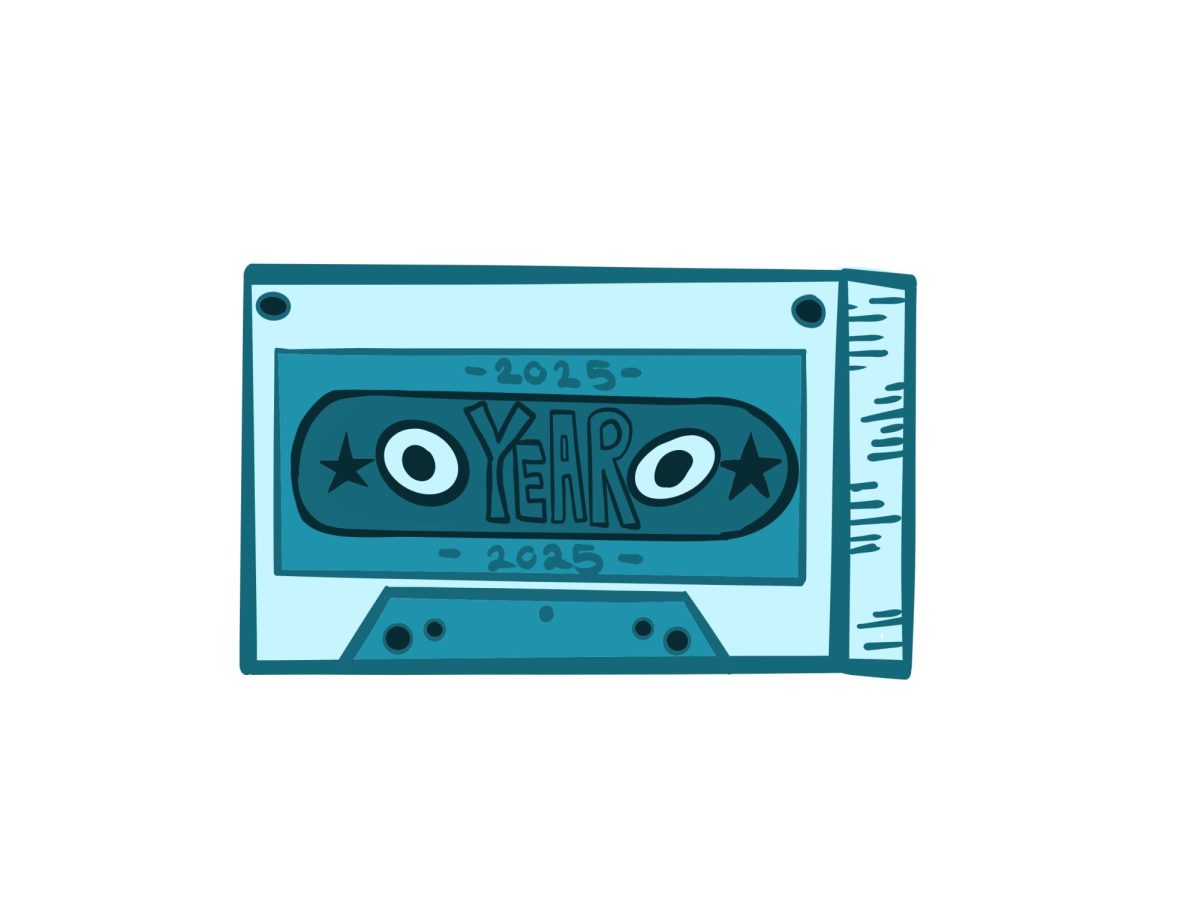AUSTIN FOLKERTSMA
senior editor
austin.folkertsma@my.tccd.edu
There is a certain pressure students feel when having to deliver a letter from Student Accessibility Resources to a faculty member.
It can be an intimidating or embarrassing experience for them. Some even worry that faculty members won’t adhere to their accommodations.
For South student Ethan Huffman, he said the majority of his professors are phenomenal about adhering to his SAR letter and accommodations.
“My math teacher, in particular, has been nothing but supportive about it, and has a class structure that is very easily adaptable to my situation,” Huffman said. “He even has a room designated for me in the math lab to take my tests.”
NE student Julie Hollingsworth’s experience on NE Campus has been great.
“They make me feel at ease, heard and understood,” Hollingsworth said. “All of my professors to this point at TCC have abided by my accommodations, and some have even gone above and beyond.”
Hollingsworth said it’s always a little nerve-racking having to meet someone for the first time and talk about her specific disabilities.
She hopes to get into the dental hygiene program at TCC, so she’s taking a lot of science classes.
“My professors are kind enough to let me come in early or stay late to meet my accommodations,” she said. “They will wait until all students are gone to read a question out loud for me or so I can verbally clarify to them what big science word I’m trying to spell.”
NE student Ashley Shaw’s experience with her professors is a bit different.
Shaw has bilateral epilepsy — a type of epilepsy that starts in one area of the brain and then spreads to both sides — so she gives hand signals to her professors when she feels an oncoming seizure and needs to leave the classroom.
“I can have some teachers be helpful with the accommodations, such as my history teacher Dr. Jack Anderson, but others aren’t so helpful,” Shaw said. “Some professors don’t show as much understanding and help that I tend to need, such as more time with an assignment or my seizures.”
She appreciates that her history professor gives her more understanding and time with assignments when needed.
“When my teacher doesn’t give me time for my assignments, I try to ask for more time, but when I’m told ‘no,’ I try to stay strong and keep going the best I can,” Shaw said.
TR student Lei-Sea Sky is deaf, and she’s not overly concerned with confidentiality.
“It’s pretty obvious that I’m the student the interpreters are there for, so for me personally, it doesn’t bother me if the professors don’t follow [Health Insurance Portability and Accountability Act] to a T,” Sky said.
“It’s pretty common that the professors will miss the point of the accommodations in some aspects,” she said. “Many times, my professors will say ‘tell her,’ rather than just talking to me and letting the interpreter facilitate communication. Another issue that the professors have is using terms like ‘this’ and ‘that.’”
She relies on a visual aid to communicate and it can be challenging for her.
She said by the time she’s looked at what “this” or “that” is, the professor has moved on.
“Also, because it’s challenging to take notes while watching the interpreter, one of my accommodations is a note-taker, or [Communication Access Realtime Translation] services,” she said. “Referring to ‘this’ or ‘that’ creates a lot of gaps in the transcripts.”

































